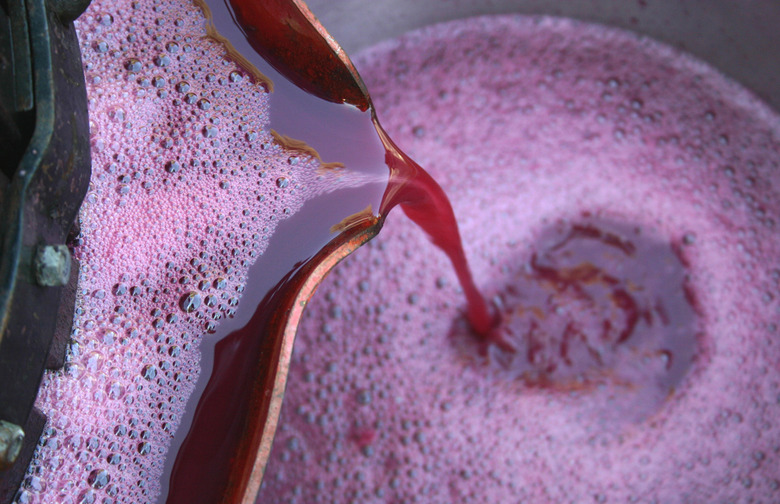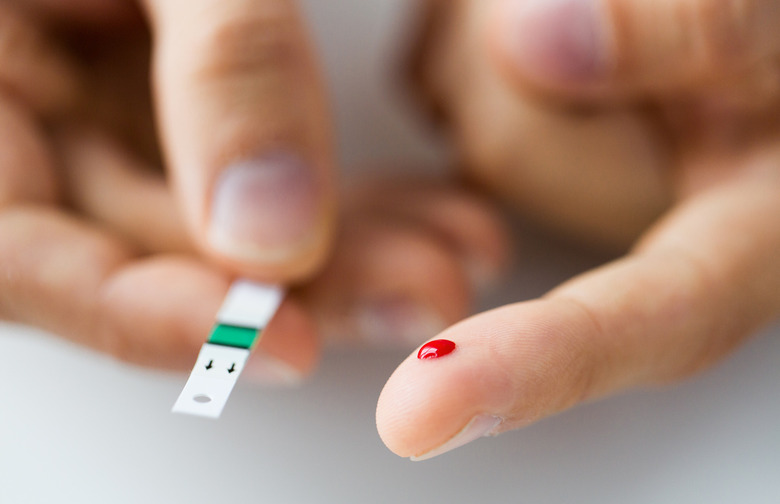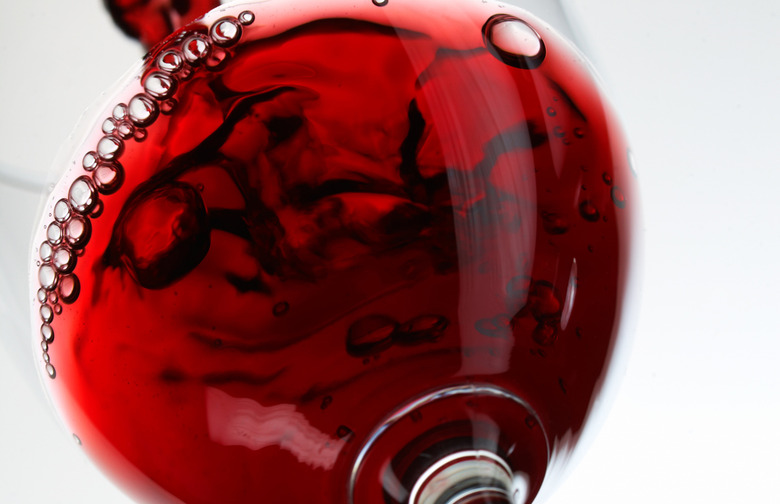11 Things To Know About Wine And Your Waistline
Check out our guide on the ways in which wine can impact your weight. That way, you can decided whether or not it's for you. As you'll see, there are pros and cons in the realm of wine and weight.
Calorie Levels Vary
Every glass of wine has a unique calorie content, but the average is around 24 calories per ounce. That five-ounce glass would come in around 120 calories.
Good Bacteria
"Red wine can help shift the types of bacteria in your digestive track so there's more of the good kind, making you healthier and potentially leaner," says Dr. Mike Roussell. Unused polyphenols from red wine help the good bacteria grow, promoting healthy digestion.
Increased Appetite and Cravings
One problem with the alcohol in even just one glass of wine is that it can reduce even the strictest of dieters' inhibitions. Foods that one may normally crave but manage to avoid when not drinking wine can easily seem like a good choice while drinking. Additionally, drinking prior to eating can often result in increased appetite. The more wine you drink, the more likely it is that your weight will be negatively impacted.
Insulin Resistance Over Time
In an article about red wine and tea's impact on blood sugar, Dr. Joseph Mercola says, "You...need to be aware that consuming large amounts of wine will increase insulin levels and eventually have a negative impact on your health. This is especially important for people who already show signs of insulin resistance, such as high blood pressure, extra weight, high cholesterol, and, yes, diabetes."
Longevity
A 29-year study of men and alcohol consumption showed that wine drinkers have a 34 percent lower mortality rate than those who drink beer or spirits. While this does not directly speak to one's weight, it does illustrate a reason to choose wine over its boozy alternatives.
Menus and Calories
The FDA includes alcohol as a "food" item that will need to have its calories listed on menus. By December 2016, this information should allow those dining out to know the calorie range of wines on the menu.
Metabolism and Alcohol
Your liver is responsible for metabolizing fat calories and converting them into energy. When you drink wine, your liver's primary focus is dealing with the alcohol, allowing fat stores to build up during the process. The more you drink at one sitting, the harder your liver has to work and the more likely you are to build fat.
Moderation is Key
The new Dietary Guidelines for Americans note that adults of legal drinking age can consume a moderate amount of alcohol daily. For men, this means ten ounces of wine (a little less than half a bottle) is OK. Women are allotted five ounces of wine per day — a modest glassful. Alcohol was included in the guidelines in the belief that healthy eating patterns go hand-in-hand with moderate alcohol consumption.
Resveratrol’s Role
The International Journal of Obesity performed an experiment on rodents in order to see if a polyphenol found in red wine called resveratrol could assist in obesity prevention. The study showed that those who received resveratrol gained 40 percent less weight than the mice that weren't.
Weight in the Long Term
A study of nearly 20,000 women over the course of 13 years showed that women of an average weight who drank moderate amounts of wine were less likely to gain weight than those who didn't.
Wine Relaxes and Replaces
Some people find that a regulated glass of wine is a great replacement for other, more sugary treats. Others say that it extends a meal and prevents rapid, mindless eating. Regardless of how they view their wine, they say that they're able to lose weight while drinking a glass or two a day.











